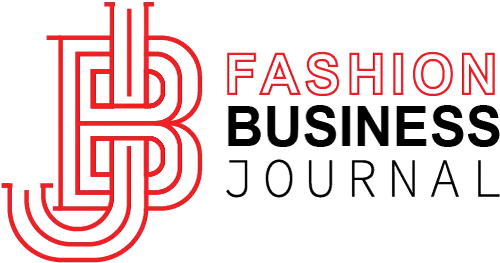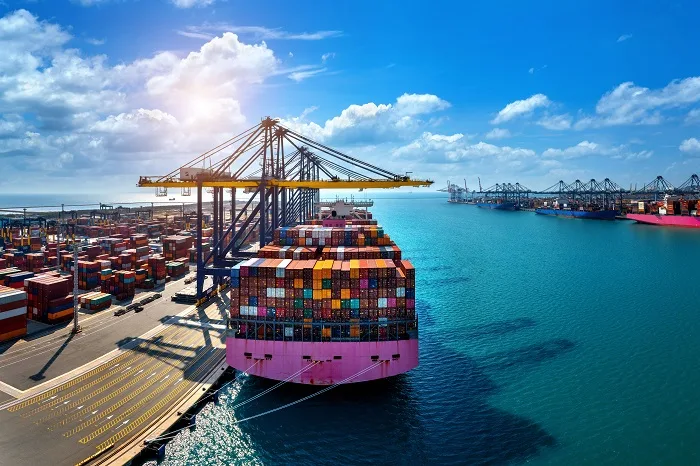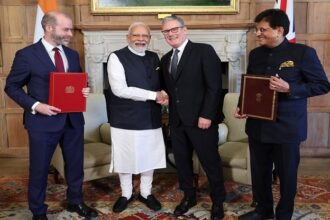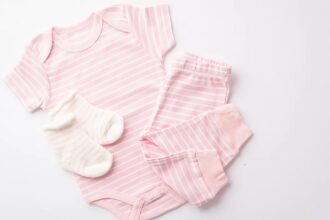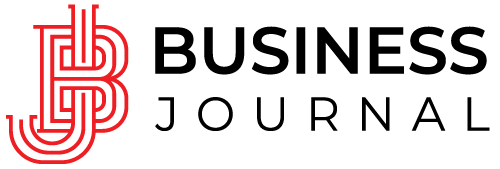Bangladesh Expands Duty-Free Imports for Partial Exporters to Reduce Dependence on Garments
In a significant policy shift aimed at reducing Bangladesh’s reliance on the garment sector and supporting small and medium-sized enterprises (SMEs), the National Board of Revenue (NBR) has extended duty-free import privileges to partial exporters. Industrial enterprises that export goods but also sell domestically can now import raw materials without paying customs duties, provided they submit a bank guarantee equivalent to the assessed duties and taxes.
Policy Overview
Previously, only fully export-oriented industries with bonded warehouse licenses were eligible for duty-free imports. Many SMEs engaged in partial export activities could not obtain these licenses due to strict bond management rules, resulting in higher production costs and limiting their global competitiveness.
To address this, the NBR issued a notification on September 25, 2025, allowing partial exporters to import raw materials duty-free with a bank guarantee equivalent to customs duties and taxes. The policy aims to maximize manufacturing capacity, diversify exportable products, and reduce dependence on the garment sector.
The opportunity of duty-free import without a bond license would “increase the diversity of exportable products and expand Bangladesh’s exports by ensuring maximum utilisation of the production capacity of exporting companies,” the NBR says.
Process for Partial Exporters to Import Duty-Free Using Bank Guarantee
1. Confirm Eligibility
Must be a partial exporting industrial enterprise (exports goods abroad but also sells domestically).
Must belong to one of the sectors covered (reported: processed foods, light engineering, furniture, electronics, plastics, leather goods, etc.).
2. Obtain Export Orders or Contracts
Hold confirmed export orders, contracts, or Letters of Credit (LCs) from foreign buyers.
Ensure the minimum value addition threshold (reported: 30%) is met.
3. Apply for Permission
Submit an application to the Chief Controller Office of Imports and Exports as an industrial consumer.
Provide necessary company documents, export contracts, and sector information.
4. Arrange Bank Guarantee
Obtain a bank guarantee equivalent to the duties and taxes that customs would normally assess on the imported goods.
The guarantee ensures compliance and can be used by customs if obligations are not fulfilled.
(Note: Exact timing of deposit is unclear from media reports — usually submitted before import clearance.)
5. Import Raw Materials / Goods
Once permission is granted and the bank guarantee is arranged, import raw materials or goods duty-free.
Comply with VAT and other tax rules applicable to industrial imports.
6. Maintain Records
Keep detailed records of:
- Imported goods
- Export orders fulfilled
- Value addition achieved
- Bank guarantee details
7. Fulfill Export Obligations
Complete exports as per the approved orders/contracts.
Ensure compliance with minimum value addition and sector-specific requirements.
8. Bank Guarantee Release
After fulfilling export obligations, request release or cancellation of the bank guarantee from the issuing bank and relevant authorities.
(Note: Specific procedure for release is not detailed in media reports; follow government instructions.)
9. Compliance and Audit
- Be prepared for customs audits or inspections.
- Any misuse, diversion, or non-compliance may result in penalties and bank guarantee claims.
Also Read: Bangladesh Garment Workers Suffer Extreme Heat, Illness as Climate Change Strikes
Industry reactions were largely positive. Selim H. Rahman, chairman and managing director of Hatil Furniture, welcomed the move as a long-standing demand of industry stakeholders. He noted that easing tariffs on raw materials could help Bangladeshi firms compete more effectively abroad and explore new markets.
Abdur Razzak, President of the Bangladesh Engineering Industry Owners Association, urged authorities to ensure tangible results, emphasizing the need for action rather than promises.
There has long been a demand from industries and the SME sector to bring partial exporters under the bonded warehouse facility, or to allow them to import raw materials duty-free.
Previously, the NBR had resisted expanding the facility, citing repeated instances of bonded licensees misusing the duty-free privilege by importing raw materials and selling the products in the domestic market. Concerns over such abuses had prevented additional businesses from accessing the benefit.
Now, the NBR has decided to implement the change.
This report is based on information from all publicly available news reports.

